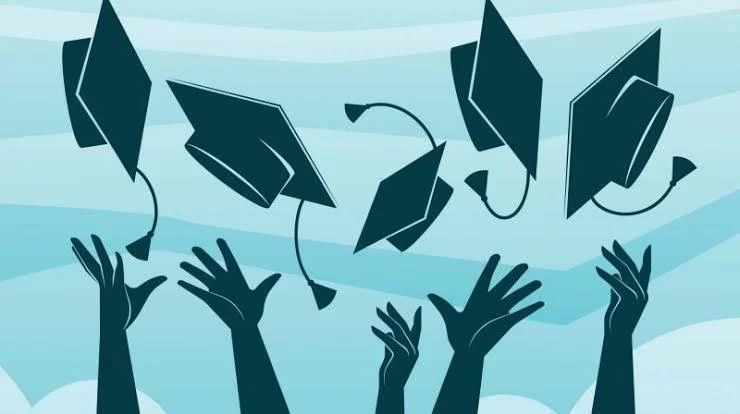National education policy 2020 is the document for planning the education system in India, whereas the present education system is the outcome of the new education policy 1986. Today in our discussion on education policy we will discuss how the present education system is different from the national education policy 2020. Our discussion today will be limited to higher education only.
Higher education-
- As per the new policy higher education system in India is facing serious quality-related issues and the big reason for the low quality of education is affiliated colleges. Affiliated colleges lag quality and a large number of affiliated colleges makes it hard for universities to keep a quality check on them. The new policy proposes to phase out the affiliation system and replace it with large multidisciplinary universities and colleges. Large multidisciplinary colleges will also be converted into universities at a later stage.
- New policy also plans to make the higher education system more multidisciplinary. It proposes to reintroduce the ancient system of education that was based on 64 Kala(Arts). These 64 art forms not only include arts like dance, music, drama, and craft, but it also includes subjects like science, maths, medicine, and others. India in ancient times was center of knowledge and universities like Taxila and Nalanda were famous for their education system all over the world. The new education policy wants to establish India as a Vishwaguru again. Students will be allowed to learn subjects of different streams at a time.
- Universities will be given a free hand to decide their pedagogy and syllabus. This will help in the proper utilization of skills of teachers. The syllabus will be based on imagination and flexible curricula. Along with this universities will also be given free hand to decide the term of degree, a bachelor’s degree can be of 3 to 5 years depending upon the content and integration of courses.
- Not only flexibility in terms, but students will also get multiple exit options. For example, if a student wants to exit a degree after completion of the first year then this one year can be turned into a diploma or sub-degree, similar things can be planned at various stages. This will help students to exit a program as per need.
- New policy states that the focus of the future education system will be to meet international standards. Universities in India will get full support to open their campus in foreign countries, similarly, top foreign universities will be invited to open their campus in India. This system will also help in student exchange programs so that students can learn from each other and can adopt the best practices.
- Under the present education system, vocational courses are considered inferior to other undergraduate programs. Enrolment of students in vocational courses after school is very low when compared to other developed nations, hence the new education policy proposes to promote vocational education among school students. Along with this students with a vocational degree will be provided opportunities for jobs in industries so that they can have on-field experience of work in related industries.
- New education policy not only wants to make the higher education system multidisciplinary but it also plans to promote multidisciplinary research, for this purpose a National Research foundation will be established. The mandate of NRF is to promote research in educational institutions and NRF will also provide funds to institutions based on the performance of institutions.
- As the new education system plans to revive the ancient education system special focus will be to integrate Indian languages and culture with the present education system. Efforts will be made to promote the teaching of higher education in Indian languages as well for this purpose textbooks will be printed in different Indian languages and teachers will be recruited from the local areas so that local culture and ethics can be included in the education system.
- To preserve the ancient knowledge Indian Institute of Translation and Interpretation will be established. The mandate of IITI will be to translate ancient Indian texts into different Indian languages and interpret the ancient knowledge so that students can understand the ancient knowledge in an easy and effective manner.
- Like school education efforts will also be taken to promote the use of technology in teaching and learning process and for this purpose, National Education Technology Forum will be established, NETF will work in the direction to promote the use of technology not only at higher education level but also at school level.
Hence new education not only plans to bring students close to their culture and language but it also plans to make education more research oriented and technology friendly. The target is to make higher education system of India best in the world. Though the changes suggested are challenging but a strong will and a commitment for change will definetly transform the present education system.
